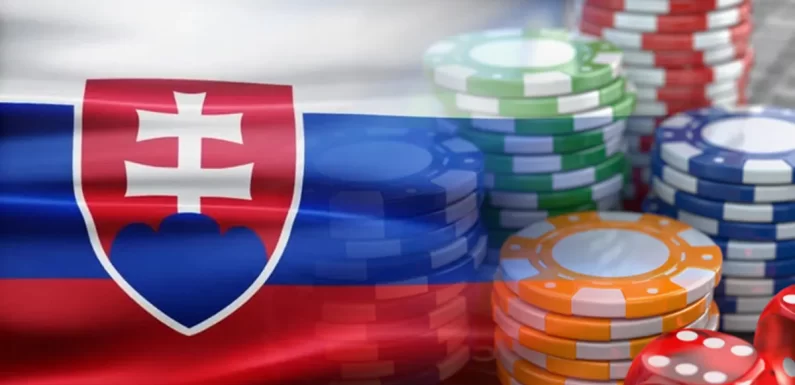
Several countries, including Slovakia, have passed legislation that allows for online gambling. However, many of these countries haven’t yet developed a regulatory authority to oversee online gambling. This is a problem because there are a lot of unlicensed operators. As a result, it’s difficult to know which ones are legitimate and which aren’t.
Regulations
Amongst the many agencies that regulate gambling in Slovakia is the Slovak gambling regulatory authority. Its head office is located in Banska Bystrica, but there are six regional offices throughout the country. The office is responsible for keeping a central register of gambling game operators, as well as a list of exempted persons. In addition, it issues general licenses and testing laboratories. It also administers contributions paid to the state budget.
The Slovak gambling regulatory authority also plays an important role in helping to protect the public against gambling related crimes. Its chief responsibility is to create conditions for the protection of public order and to ensure social compensation for gambling risks. It also provides methodical guidance to entities under its supervision. In the last four months, it has seized 54 illegal EGMs.
Horse racing industry in Slovakia
Throughout history, horse racing in Slovakia has been an important industry. The earliest known horse races took place in 1814 in Urmin, a town near Bratislava.
Today, the horse racing industry in Slovakia generates a solid annual revenue. The industry is monitored by the Turf Direktorium Fur Die Slowakei (horse racing association).
The history of horse racing in Slovakia dates back to the 19th century. At the beginning of the 18th century, stud farms in Slovakia began breeding English thoroughbreds. This was followed by the breeding of other breeds, such as the Hucul and Halflinger.
In the 1960s, endurance racing began to reach Europe. At that time, forestry companies and the army began to want heavier horses. This led to the creation of a new breed of Slovak mountain horse.
Legality of online gambling in Slovakia
Whether or not online gambling is legal in Slovakia is a question that many players may have. There is no definitive answer to this question, but there are some guidelines that players should know.
The law regulating online gambling in Slovakia is the Slovak Gambling Act. The act is a fairly detailed document that regulates gambling in the country. It contains sections defining what qualifies as a gambling venue and the requirements for licensing an online gambling company.
A legal entity can apply for an online gambling license in Slovakia if it is registered in another EU country. Currently, only one fully licensed online casino operates in Slovakia. The Gambling Act gives the Finance Ministry the authority to approve gambling licences. The Office for Regulation of Gambling has announced a list of legal gambling sites, which should be updated in the near future.
Blocking of unlicensed operators
Despite the fact that online gambling is legally sanctioned in Slovakia, the country is still attempting to clamp down on unlicensed operators. In an attempt to close a loophole that allowed foreign providers to offer online games of chance to Slovak players, the government introduced a law to block unlicensed websites by internet service providers. This measure, however, did not go according to plan.
The gambling regulator, the Office for the Regulation of Gambling, has recently launched a public list of websites that are licensed. This is an important move because, for the first time, there is a public list of gambling websites that can be trusted.
Moreover, the Office for the Regulation of Gambling has introduced a Concept of Responsible Advertising document. It introduces new standards for gambling ads in all media and aims to prevent gambling harm.
Support for Montenegro
During a recent study visit to Montenegro, Slovakia’s Ministry of Finance hosted the Montenegro Ministry of Finance and Office for Gambling Regulation. The visit was organized to explore ways to improve the responsible management of public finances from gambling.
Gambling is regulated in Montenegro by the Gaming Act and the Consumer Protection Act. The Gaming Act requires operators to verify the customer’s identity before a wagering stake is made. It also requires that operators observe a list of suspicious transactions indicators. Those who violate the Gaming Act may be fined. The Act also requires that operators establish customer identity when collecting winnings.
The Act on Prevention of Money Laundering (AMOL) also applies to the gambling sector. It requires that operators have policies and procedures to combat money laundering. It also requires that operators take precautions against the financing of terrorism.

